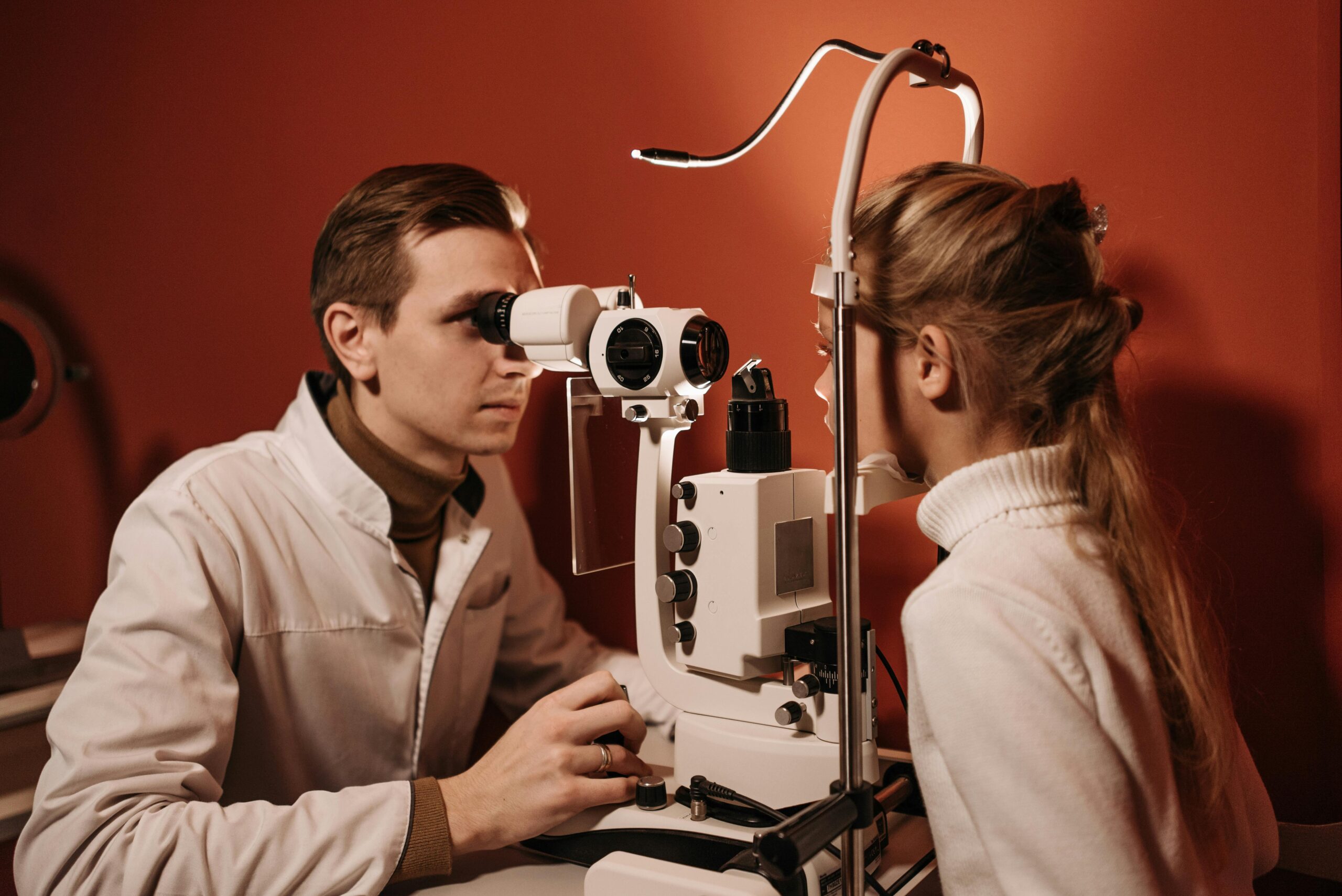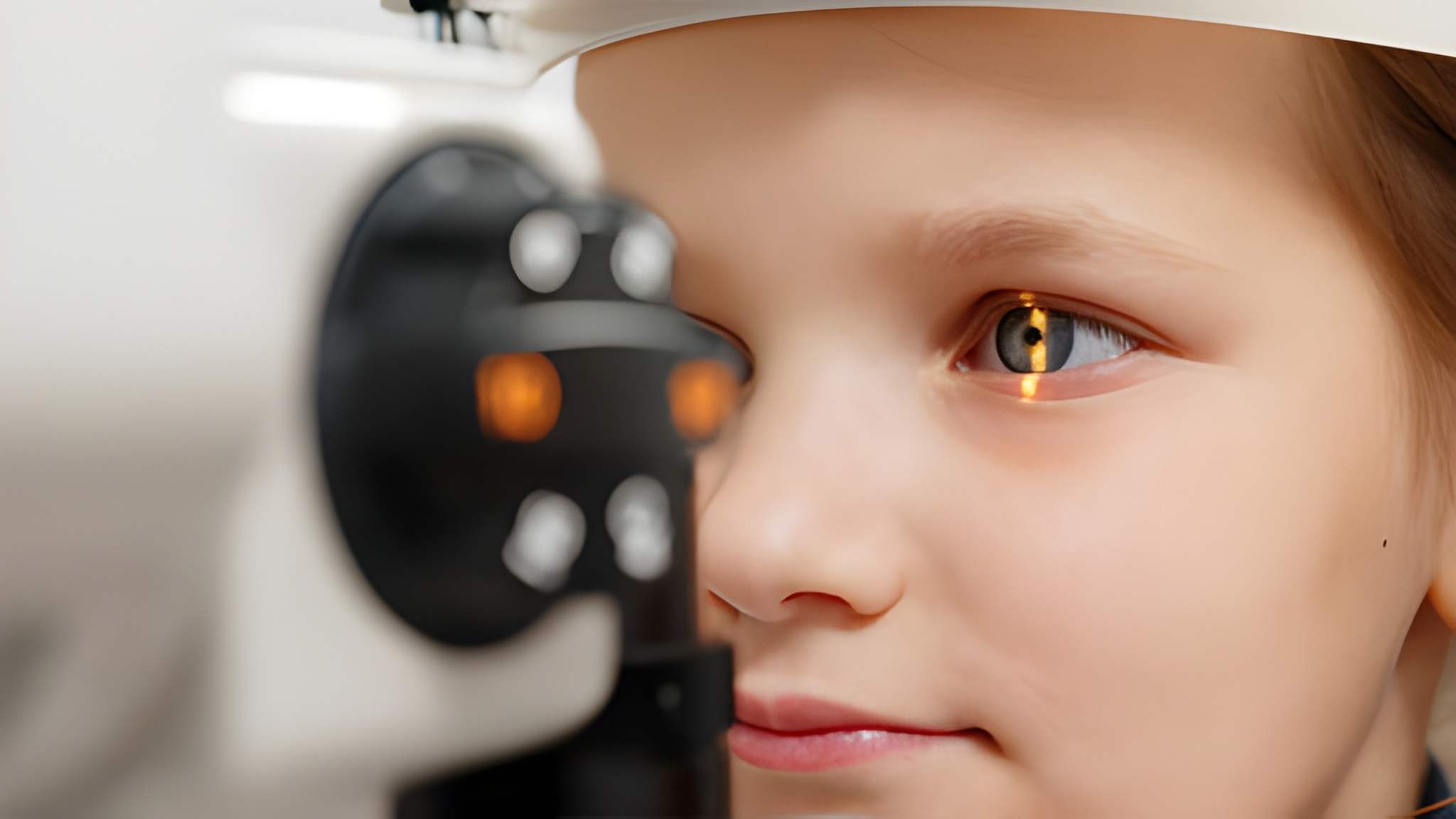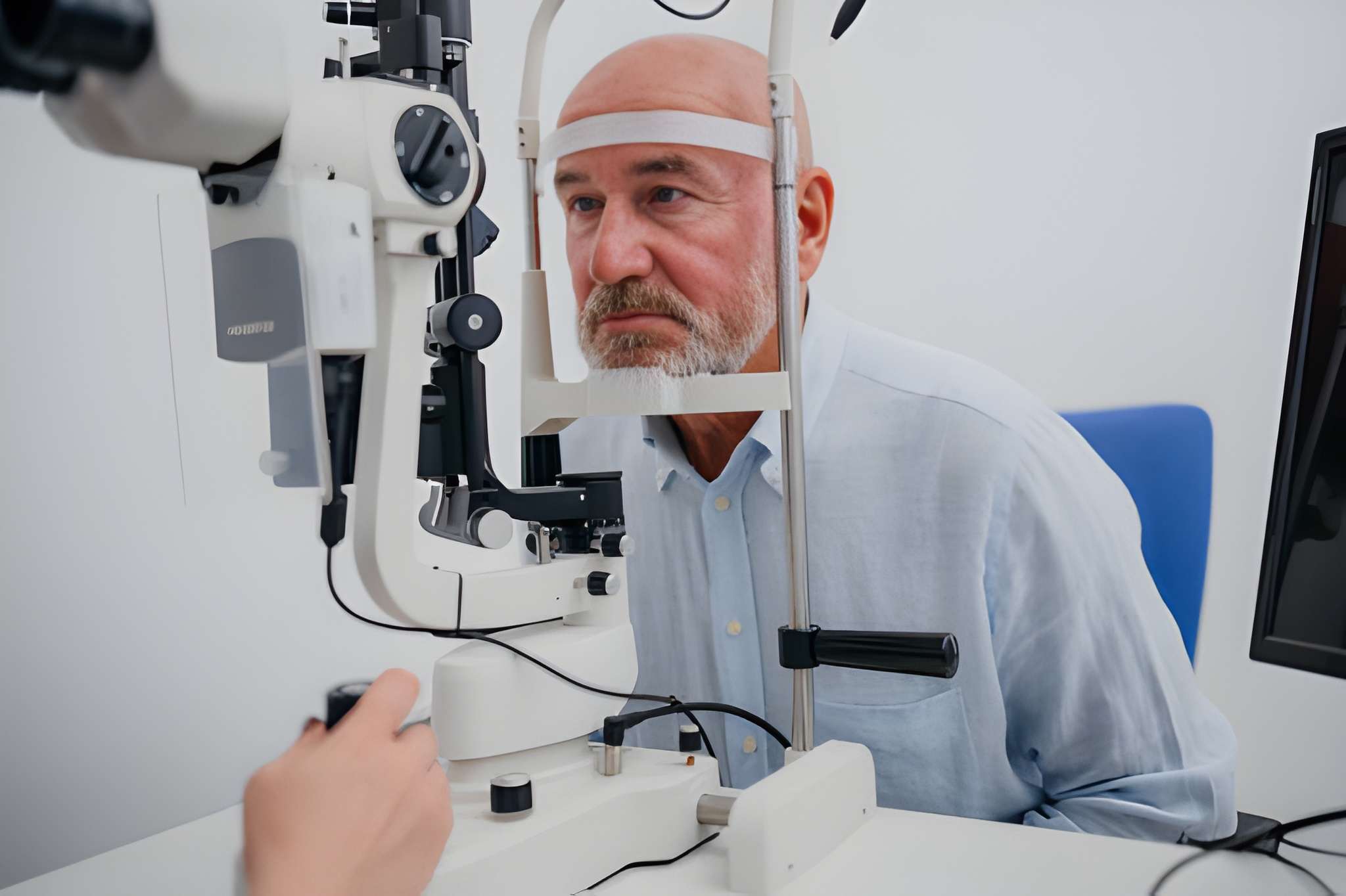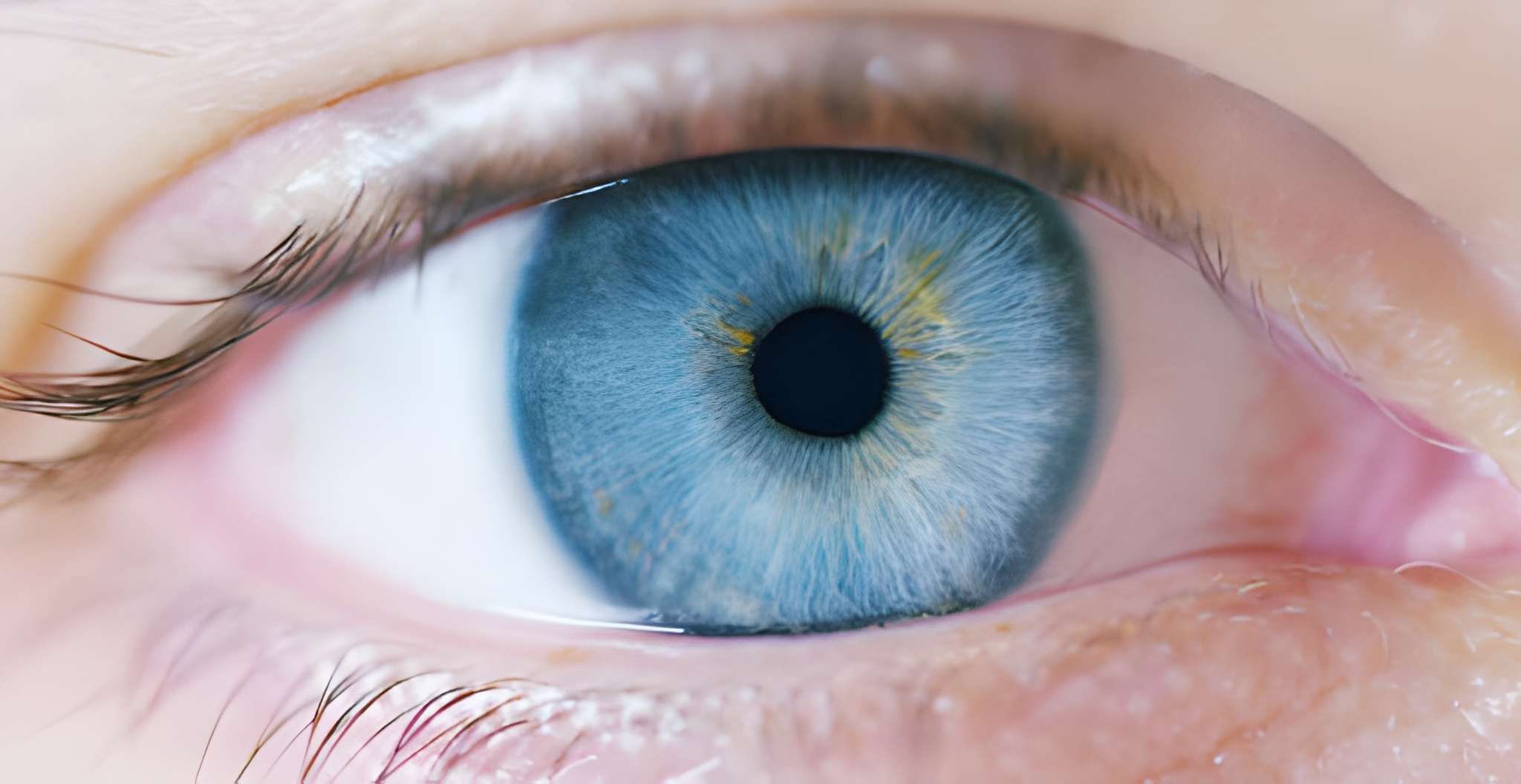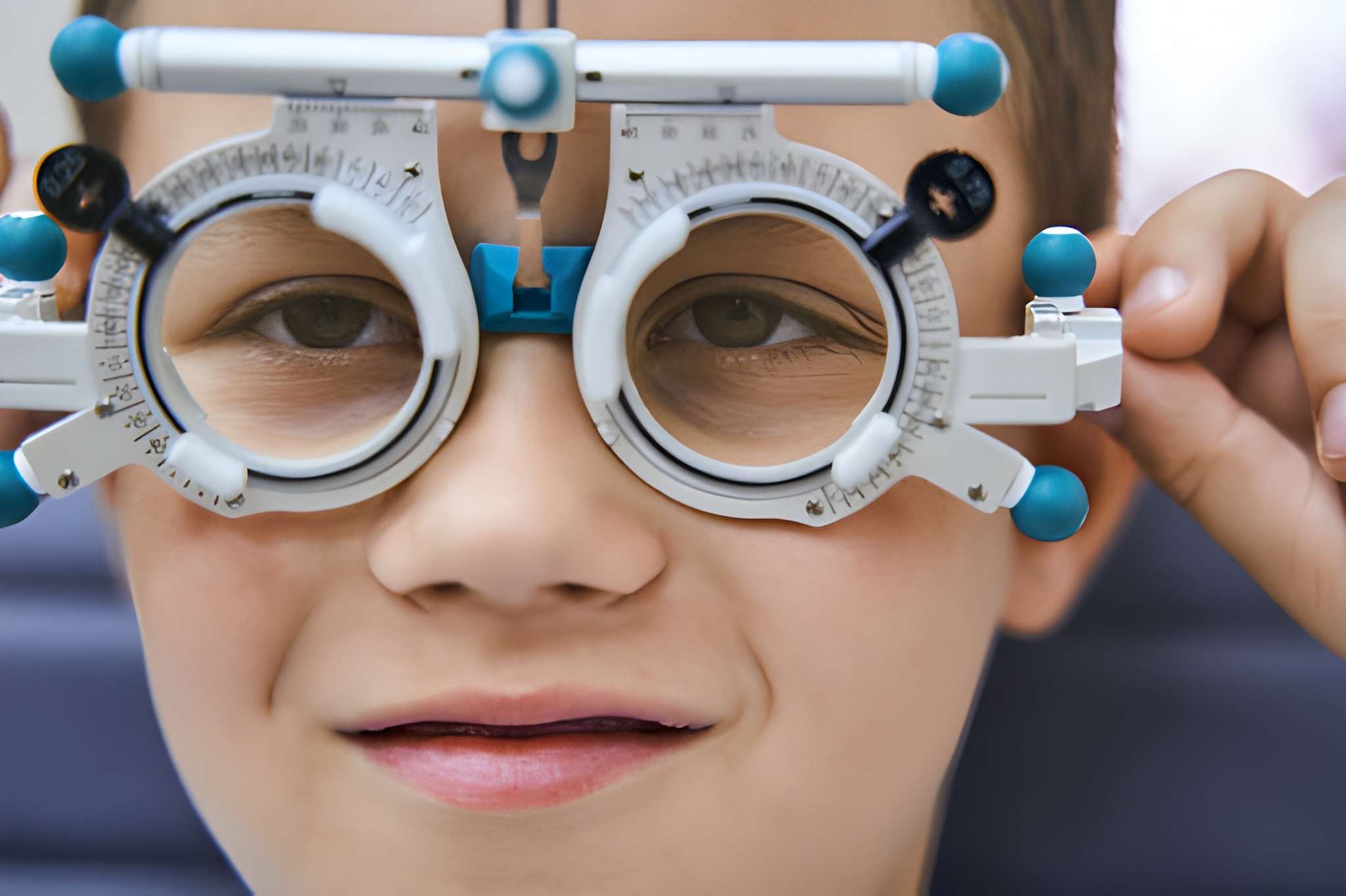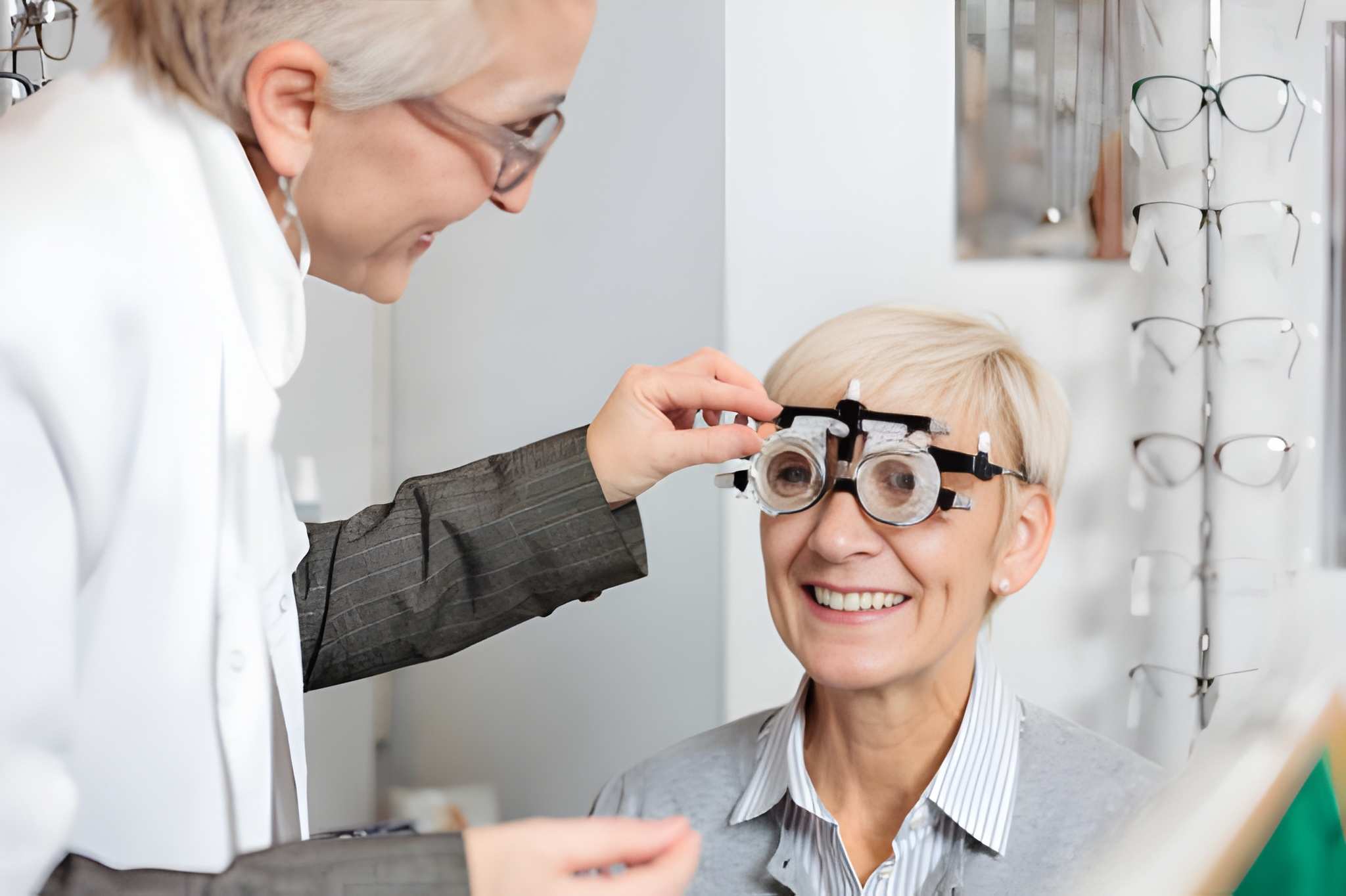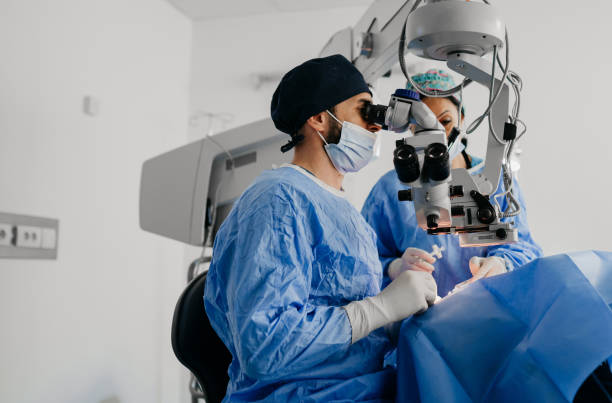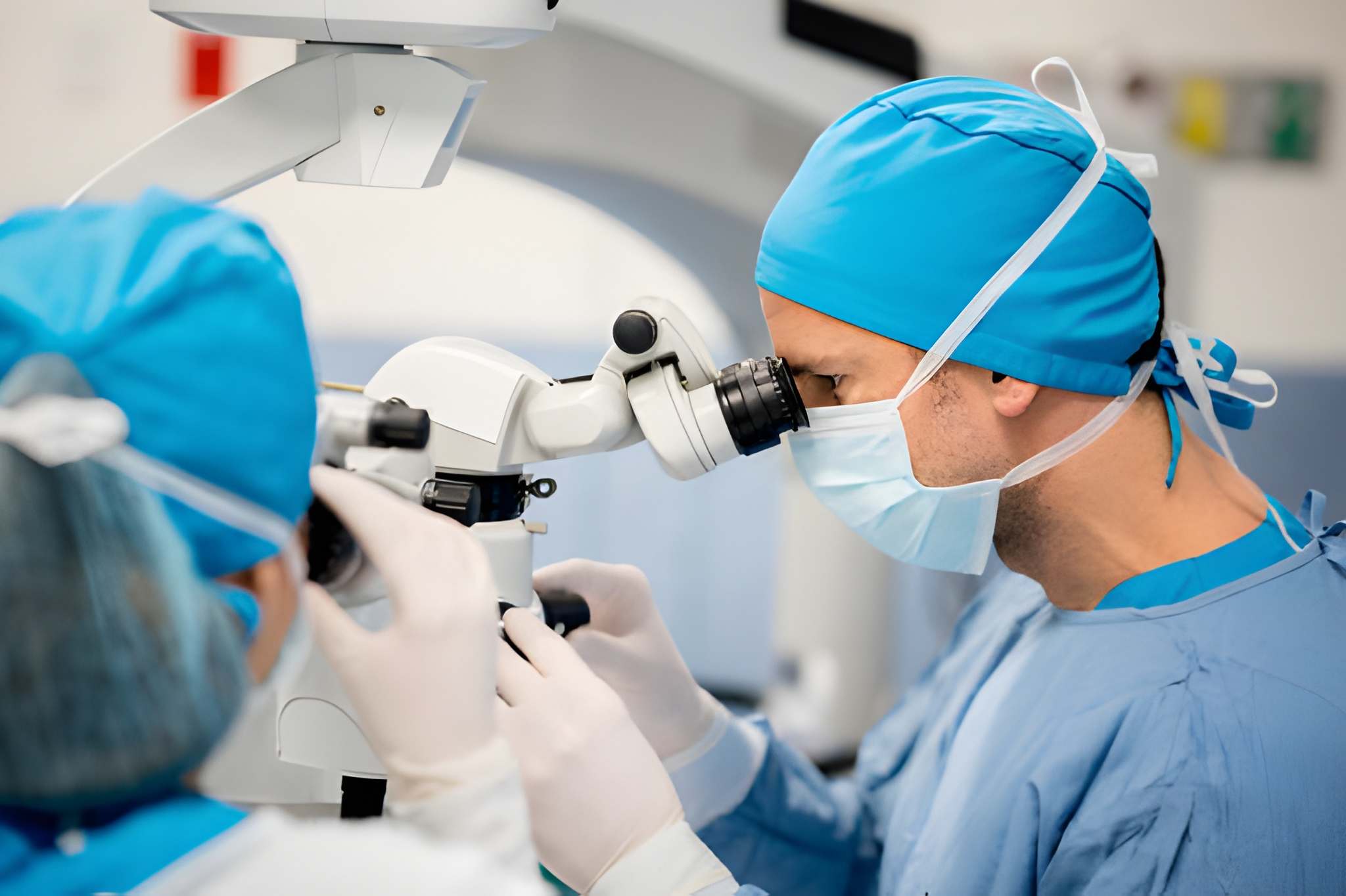Understanding the Role of an Eye Specialist in Dubai
An eye specialist is a medical professional trained to diagnose and treat a wide range of vision-related conditions. In Dubai, these professionals play a key role in managing both common and complex eye disorders, using a combination of clinical knowledge and diagnostic tools. Their scope includes comprehensive eye examinations, prescribing corrective lenses, managing chronic diseases such as glaucoma, and performing surgeries like cataract removal.
Many specialists are also equipped to deal with emergency eye situations, which is essential in a fast-paced urban environment. With access to advanced technology and updated clinical practices, eye professionals in the city offer services comparable to international standards. Patients can expect a detailed consultation process, often including imaging techniques and follow-up care plans, ensuring that visual health is not only restored but also preserved in the long term.
Common Eye Conditions Treated by Dubai-Based Eye Specialists
Residents in Dubai often seek professional care for issues such as dry eyes, allergic conjunctivitis, and refractive errors like nearsightedness or farsightedness. Additionally, conditions such as age-related macular degeneration, diabetic eye disease, and glaucoma are commonly addressed. The city’s high prevalence of diabetes means that many clinics are equipped to handle retina-related complications with specialized equipment.
Children and elderly patients are also catered to, with pediatric assessments and geriatric screenings available. Dubai’s climate and environmental factors, including dust and high UV exposure, contribute to specific eye health challenges that local specialists are trained to manage. Treatment often involves a mix of medication, lifestyle recommendations, and in some cases, minor or major surgical interventions, depending on the severity of the condition.
How to Choose a Qualified Eye Specialist in Dubai
Selecting a reliable practitioner involves several considerations. Credentials are a primary factor—most reputable specialists will have certifications from recognized medical boards, along with evidence of continued education. Experience also plays a crucial role, particularly for those seeking treatment for advanced conditions.
Accessibility is another factor; proximity to your residence or workplace can simplify follow-up visits. Reviews and testimonials from other patients provide insights into a doctor’s bedside manner, success rates, and overall approach to patient care. In Dubai, many specialists also offer multilingual services, which can be beneficial in a multicultural society. Booking a preliminary consultation to ask questions and understand the doctor’s approach is a good practice before committing to a treatment plan.
Accessing Advanced Eye Treatments in Dubai Clinics
Healthcare facilities across Dubai have invested in modern diagnostic tools such as OCT scans, retinal cameras, and corneal topographers. These tools enable early detection and precise monitoring of various eye conditions. Treatments such as LASIK for vision correction, intravitreal injections for retinal diseases, and minimally invasive glaucoma surgeries are widely available.
Clinics often follow global protocols, ensuring patient safety and high standards of care. Additionally, collaborative care is common, with specialists working alongside general practitioners, endocrinologists, and neurologists when dealing with systemic diseases that affect vision. Telemedicine services are also gaining popularity, offering initial consultations and follow-ups virtually, which adds convenience for patients with limited mobility or tight schedules. Patients can typically access treatment plans that combine medical, surgical, and lifestyle-based approaches.



